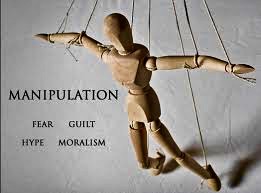
Trevor Todd is a Vancouver estate lawyer who has alleged and litigated undue influence cases for 50 years.
The essential legal framework for the assessment of claims of undue influence was established in Allcard v Skinner (1887) 36 CH. D. 145(CA) and in Geffen V Goodman (1991) to SCR 353.
This legal framework is regularly applied in British Columbia – Porter Estate v Porter, Burkett v Burkett Estate 2018 BCSC 320 at paras. 187-217, and Modonese v Delac estate 2011 BCSC 82 at paras. 96-129
Undue influence is an equitable doctrine to save people from being victimized by other people. A transaction induced by undue influence may be set aside. There are two classes of case.
The first-class arises where the party seeking to set aside the transaction proves that the defendant engaged in improper conduct that dominated the will of the convict them to the point of coercion.
The second class of case arises where the defendant, and the supposedly victim were in a relationship of dependency involving a potential for domination of the victim by the defendant. In these cases, if the transaction involved a gift or bequest, as opposed to a commercial transaction.
Undue influence is presumed and the burden lies in the defendant to show that the victim entered into the transaction as a result of his or her own full, free and informed thought. In the case of a commercial transaction there is a further requirement: the plaintiff must also show that the contract in question worked unfairness by conferring undue disadvantage on the victim or undue advantage on the defendant.



